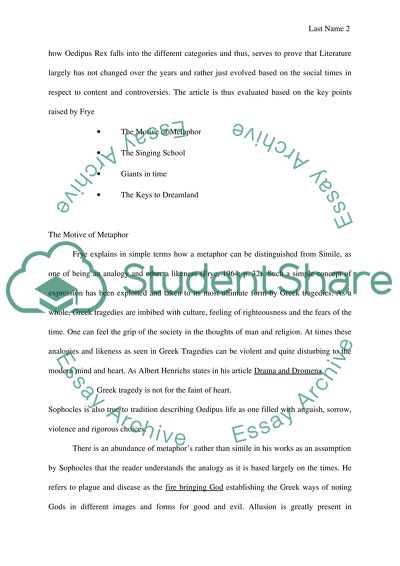Cite this document
(“Oedipus Rex: a critical literary review Research Paper”, n.d.)
Retrieved from https://studentshare.org/literature/1442170-oedipus-rex-a-critical-literary-review
Retrieved from https://studentshare.org/literature/1442170-oedipus-rex-a-critical-literary-review
(Oedipus Rex: A Critical Literary Review Research Paper)
https://studentshare.org/literature/1442170-oedipus-rex-a-critical-literary-review.
https://studentshare.org/literature/1442170-oedipus-rex-a-critical-literary-review.
“Oedipus Rex: A Critical Literary Review Research Paper”, n.d. https://studentshare.org/literature/1442170-oedipus-rex-a-critical-literary-review.


